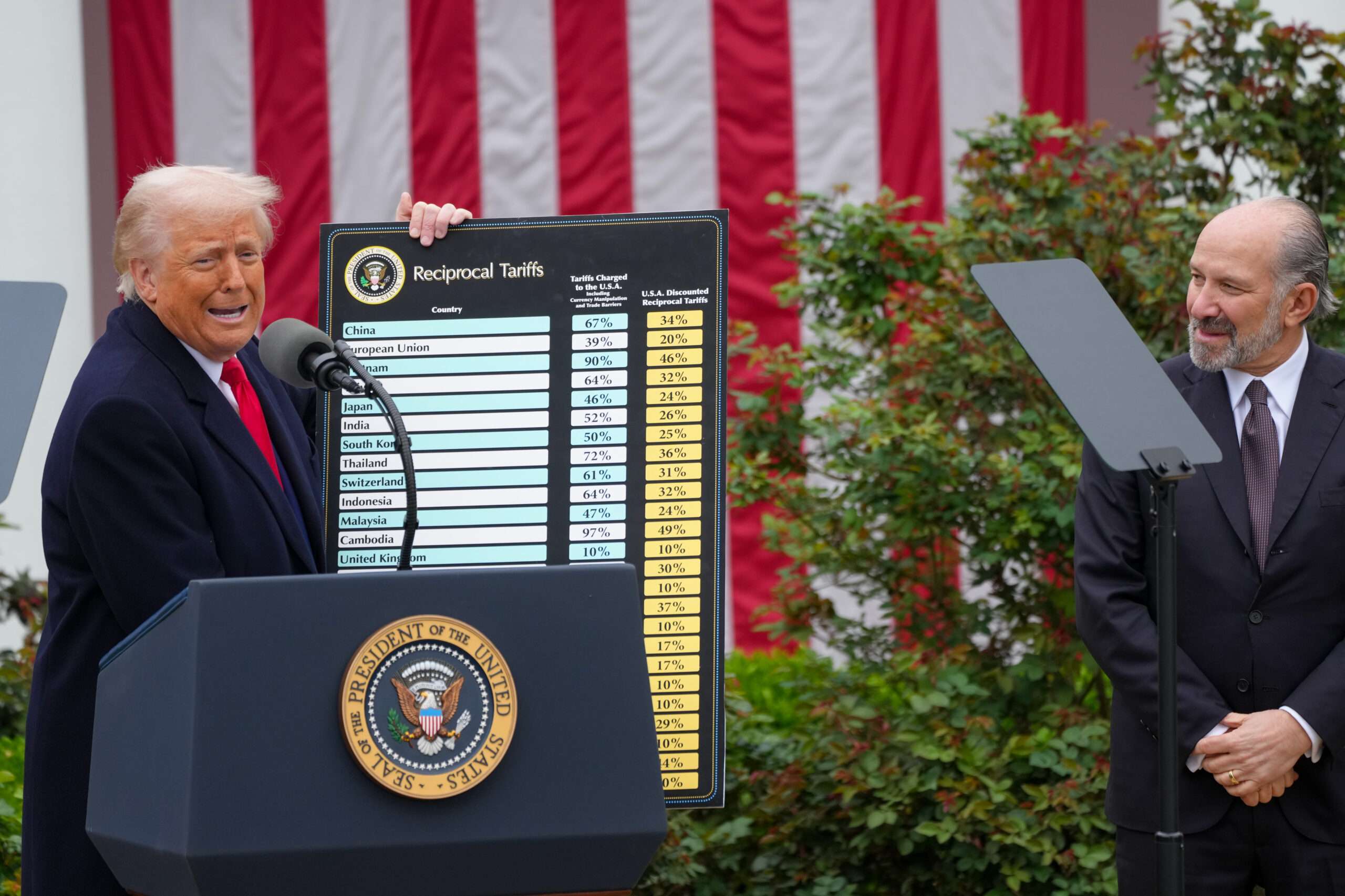
As the CIT opinion emphasized, the key factor behind the decision was the "unbounded" nature of the tariff authority claimed by Trump: "The question in the two cases before the court is whether the International Emergency Economic Powers Act of 1977 ("IEEPA") delegates…. Goldsmith notes that a 1975 United States Court of Customs and Patent Appeals (CCPA) ruling in the Yoshida case upheld the Richard Nixon's imposition of tariffs under the Trading with the Enemy Act (TWEA), the predecessor statute to Yoshida. If the power to "regulate" includes an unlimited power to impose tariffs, then the Constitution's grant to Congress of the power to "lay and collect Taxes, Duties, Imposts and Excises" would be superfluous, since Congress also has the authority to "regulate Commerce with foreign Nations."
Author: Ilya Somin
Published at: 2025-06-08 22:56:05
Still want to read the full version? Full article